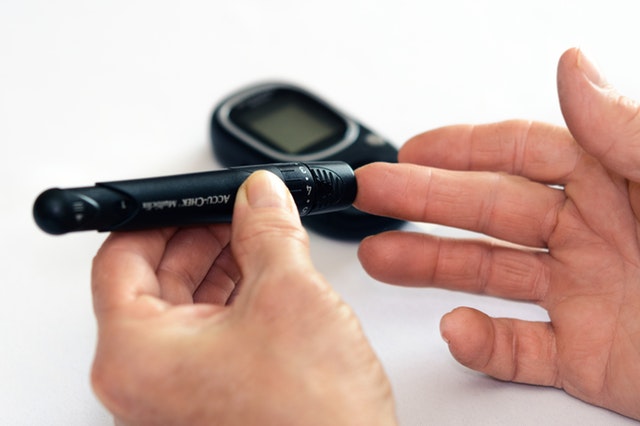
Being stressed out is stressful enough, but knowing that constant or repeated high levels of stress can actually affect your health and make you sick certainly doesn’t help either. Too much stress can cause serious health issues throughout the body including heart disease, gastrointestinal problems, and obesity. But the concerns don’t end there. Our dental office in Kettering also wants our patients to know that high stress can also affect oral health.
Clenching & Grinding
During periods of increased stress, a common and automatic response may be to clench our teeth together or even grind them against each other. If either of these habits is done too often, it could result in chipped, broken, or cracked teeth as well as damage to the jaw joint. The constant force put on the jaw joint during repeated clenching can make the muscles sore and eventually cause TMJ disorder. TMJ disorder, or TMD, tends to be painful and may also cause popping, clicking, or a locked joint. In order to get relief, your dentist in Kettering will need to find the best TMJ treatment for your individual case.
Gum Disease
When many people think of gum disease they often immediately assume it was caused by poor dental hygiene. But there are several other factors that can put you at increased risk including smoking, medications, clenching or grinding your teeth, and stress. Gum disease is a serious condition that not only affects your mouth but also your whole body. If left untreated, gum disease can cause tooth loss, heart disease, and increase the risk for stroke.
Lower Your Stress & Protect Your Health
Stress is a natural part of life, but there are things you can do to help protect your health against the negative side effects of too much of it.
- Take a Deep Breath. Believe it or not, sometimes all you need to reduce stress is a few minutes of deep breathing. Focusing on your breath can lower your heart rate and help you feel more relaxed almost instantly.
- Work up a Sweat. Exercising regularly increases endorphins, serotonin, dopamine, and testosterone. These chemicals are known to help make us feel good and combat anxiety and stress. Go for a walk, do some yoga, swim some laps. Whatever you do… just get moving.
- Sleep it Off. It’s recommended that adults get 7-9 hours a sleep every night, but many of us don’t. A thorough night’s sleep can reboot your body, lower stress, and give your body a chance to recover.
Nobody likes feeling stressed, and nobody wants to put their health at risk because of it. Commit to finding ways to help you relax, handle stress better, and keep anxiety low.
We have three dental offices in Middletown, Kettering, and West Chester.


 Review Us
Review Us Review Us
Review Us







